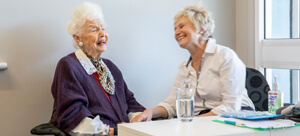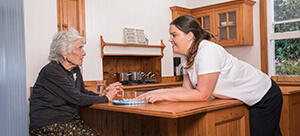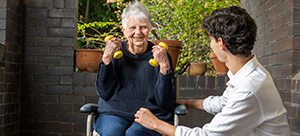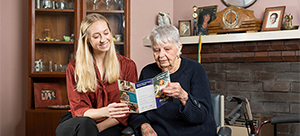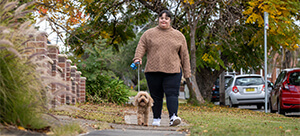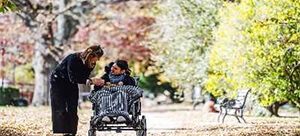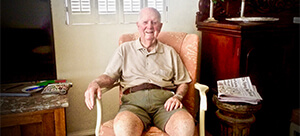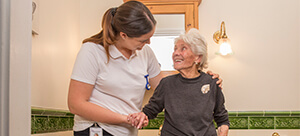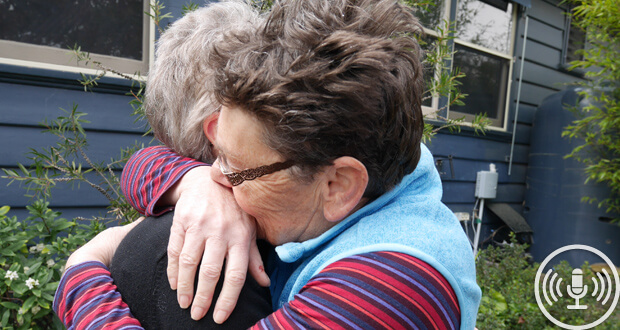Regal Community
LGBTI people living with dementia often delay or avoid accessing aged care and health services, research at La Trobe University has found.
in News, Podcasts, Top Stories October 6, 2015 0
LGBTI people living with dementia often delay or avoid accessing aged care and health services, research at La Trobe University has found. The Still Gay report, the first of its kind in Australia, examined the unique effects of dementia on people who identify as gay or transgendered.
“Before this project there was no research documenting the experiences of LGBTI people with dementia,” said Dr Catherine Barrett, author of the report.
Barrett explained that even in academia, there can still be found professionals who believe an LGBTI person with dementia will eventually become straight or lose their gender identity as the disease progresses.
“We decided that we wanted to do some research to find out what LGBTI people were experiencing themselves, in their own words.” The researchers interviewed 10 same-sex couples, and partnered with another on-going project focusing on transgendered people in aged care.
The interviewees’ responses were unanimous: they were still most definitely gay or trans, a diagnosis of dementia notwithstanding. Barrett remembered one of the lesbian couples describing this in the following words: “Sexual orientation is not a rinse colour you put through your hair. It’s something fundamental to who you are and how you relate to people, and that doesn’t disappear just because you have dementia.”
What Barrett and her colleagues found, in fact, was that the most adverse effect on the sexual or gender identity of a person with dementia came from the people around them, not the disease itself.
“It was the values and beliefs of family members, and some service providers,” Barrett said. “If they were transphobic or homophobic, then that was what had the devastating impact on LGBT people with dementia.”
To illustrate the point, Barrett told the story of a transwoman who had gender reassignment surgery and had lived as a female for 40 years.
“Her adult children were terribly embarrassed about the fact that their parent had transitioned,” Barrett explained. “And when it came time for her to go into residential aged care they said, ‘If you go in there as a female, you’ll never see your grandkids again.’
“This was a woman who had some dementia, who clearly wanted contact with her children and her grandchildren. So she actually let go of her gender identity if you like, and went into residential aged care as a male.”
Negative factors that affect LGBTI people with dementia in particular include a fear of discrimination by service providers, lack of support for their partners caring for them at home, and a loss of uniquely important social networks.
“Friendships drop off across the board for people with dementia,” Barrett said. “But for our participants there was a double whammy. For an LGBTI person with dementia, […] those friendship networks were extraordinarily important because in some cases they had replaced lost families.”
Barrett said service providers are in a powerful position to alleviate these problems: “Do some work with families to try to help families come around, so the resident can enjoy their rights to not only be herself, but also maintain some kind of contact with family members.”
If there is one thing she hopes the project can achieve, it is to get the aged-care sector to officially recognise the legitimacy of the identities and relationships of LGBTI people.
“One of the really strong recommendations from the project is around developing advanced care plans, or guardianship, or powers of attorney, early,” Barrett said. “We think a lot of the angst identified in the interviews could be avoided if there were advanced care plans documented.”
For Barrett, both the issue and what to do about it are clear.
“We need to understand that LGBTI people still are LGBTI, even when they have dementia,” she said. “Same-sex relationships need to be recognised, and also gender identity needs to be recognised. That’s the fundamental starting point.”

